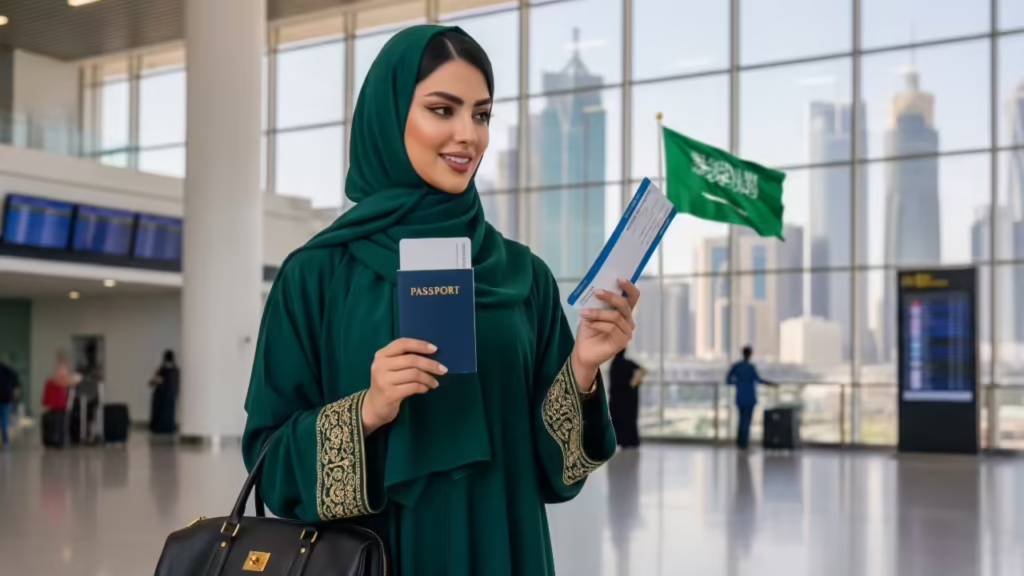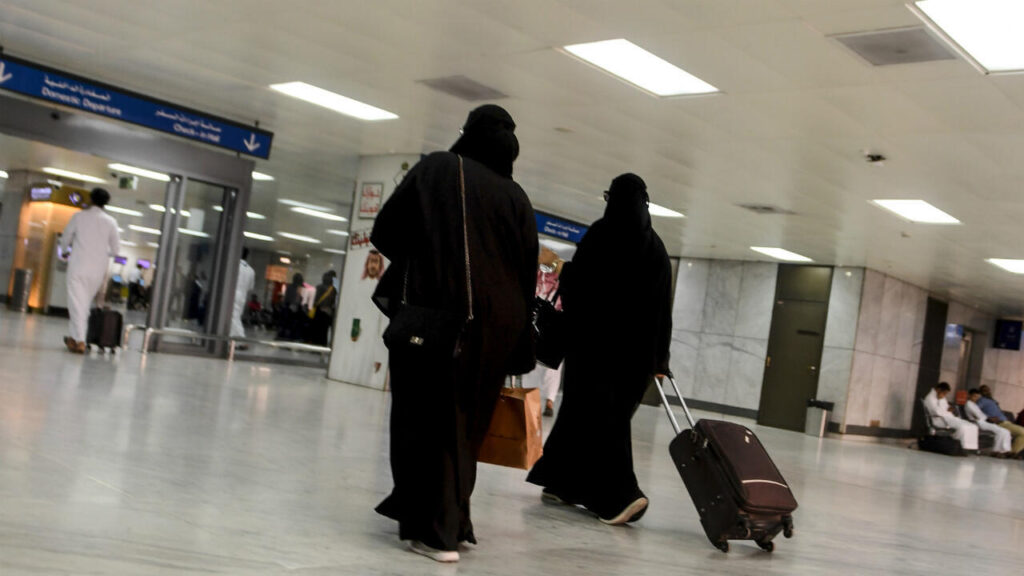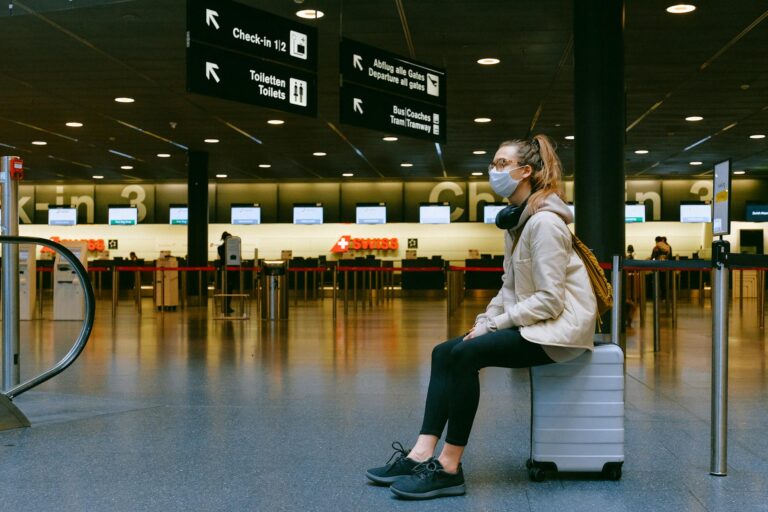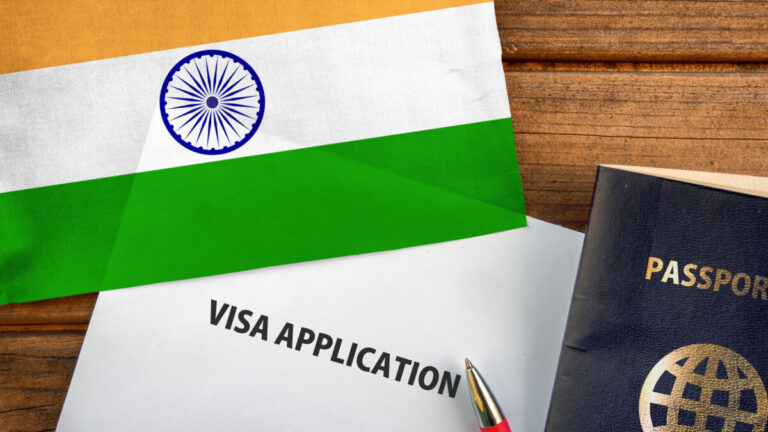
Photo source: timesofindia.indiatimes.com
For decades, Saudi Arabia’s women lived under one of the world’s strictest male guardianship systems. They required permission from a father, husband, or even son to apply for a passport or cross international borders. The restrictions were not only legal but deeply social, reinforcing a sense of dependency that shaped daily life.
The landmark reforms came in August 2019, when King Salman bin Abdulaziz issued Royal Decree M/134, allowing women aged 21 and above to apply for passports and travel abroad independently, without the consent of a male guardian. This was part of Crown Prince Mohammed bin Salman’s broader Vision 2030 reforms, aimed at modernizing the kingdom and improving women’s participation in society. The law also granted women new civil rights, including the ability to register births, marriages, and divorces—responsibilities once limited to men.
Today, Saudi women describe a mix of relief, optimism, and cautious hope. For many, being able to book a flight or plan a study trip abroad without having to negotiate with a guardian is an empowering experience. Young professionals say the reforms are helping them pursue careers, education, and personal growth on their own terms. Students are increasingly applying for scholarships overseas, while businesswomen see opportunities for global networking that were once out of reach.

Yet, challenges remain. Women under 21 still require approval for travel, and some activists continue to face state-imposed travel bans. Social traditions and conservative family expectations may also limit how freely women exercise these new rights. “The law says yes, but sometimes society still says no,” one Saudi woman noted in a recent interview.
Looking ahead, the impact of these reforms is expected to ripple through Saudi Arabia’s economy and society. As more women join the global workforce, engage in international study, and contribute to decision-making, the kingdom stands to benefit from untapped potential. The reforms are not just about travel; they symbolize a broader journey toward equality, modernity, and global integration.
For Saudi women, boarding a plane alone is more than travel—it is a statement of independence and a glimpse of a future where their choices are fully their own.



